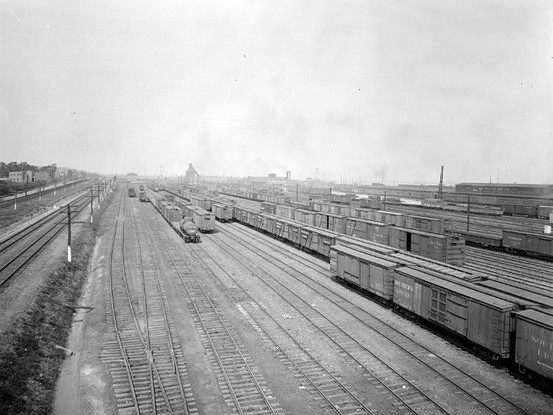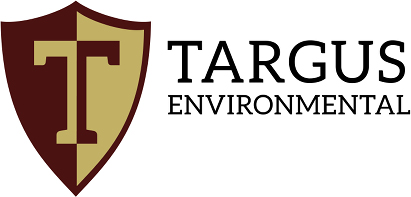Potomac Yard in Northern Virginia was previously home to one of the busiest rail yards on the Eastern Seaboard. The newly re-branded neighborhood of National Landing, targeted for a Virginia Tech “Innovation Campus” (which included Potomac Yard), was selected by Amazon for its "HQ2" second headquarters. Targus’ client was selected as the preferred capital partner to join with the developer in its planned construction project. In order to evaluate the efficacy of redevelopment from an environmental perspective, Targus was retained to review several provided Phase I and II ESA reports and additional documents, and provide analysis pertaining to the approximately two-acre portion of the former rail yard.
Several environmental regulatory databases documented metals and petroleum contamination from the historical (from mid 1850s or earlier) rail yard and from filling with undocumented soil, coal ash, and cinders. Contamination (including volatile organic compounds [VOCs] and semi-VOCs [SVOCs]) in soil and groundwater was also attributed to locomotive fueling, repair, maintenance, service, and cleaning. Numerous leaking underground storage tanks (LUSTs) had been present at unspecified locations on the rail yard property. Several adjoining and nearby impacted facilities had obtained closure via engineering controls and groundwater use restrictions. Sampling and analysis of soil, groundwater, and soil vapor identified widespread scattered cinder fill; approximately half of the soil contained petroleum at concentrations restricting off-site use. Several additional constituents (including VOCs, SVOCs, polychlorinated biphenyls, and metals) in soil or fill also exceeded default criteria. Groundwater assessment identified metals exceeding applicable criteria.
Targus considered a typical development scenario for the planned redevelopment, including estimates of the volume of petroleum-affected soil present, excavation plans, and off-site soil disposal plans and cost estimates. Targus also evaluated risk management options for moving forward. The preferred option consisted of first securing bona fide prospective purchaser (BFPP) status from the Virginia Department of Environmental Quality, and upon completion of waste removal, enrolling into the Voluntary Remediation Program (VRP) to secure a Certificate of Satisfactory Completion of Remediation.
Based on the comprehensive assessment provided by Targus, the conservative capital partner joined and funded the joint venture.

